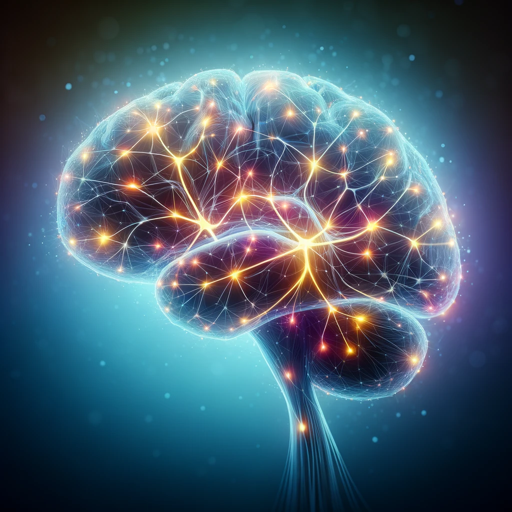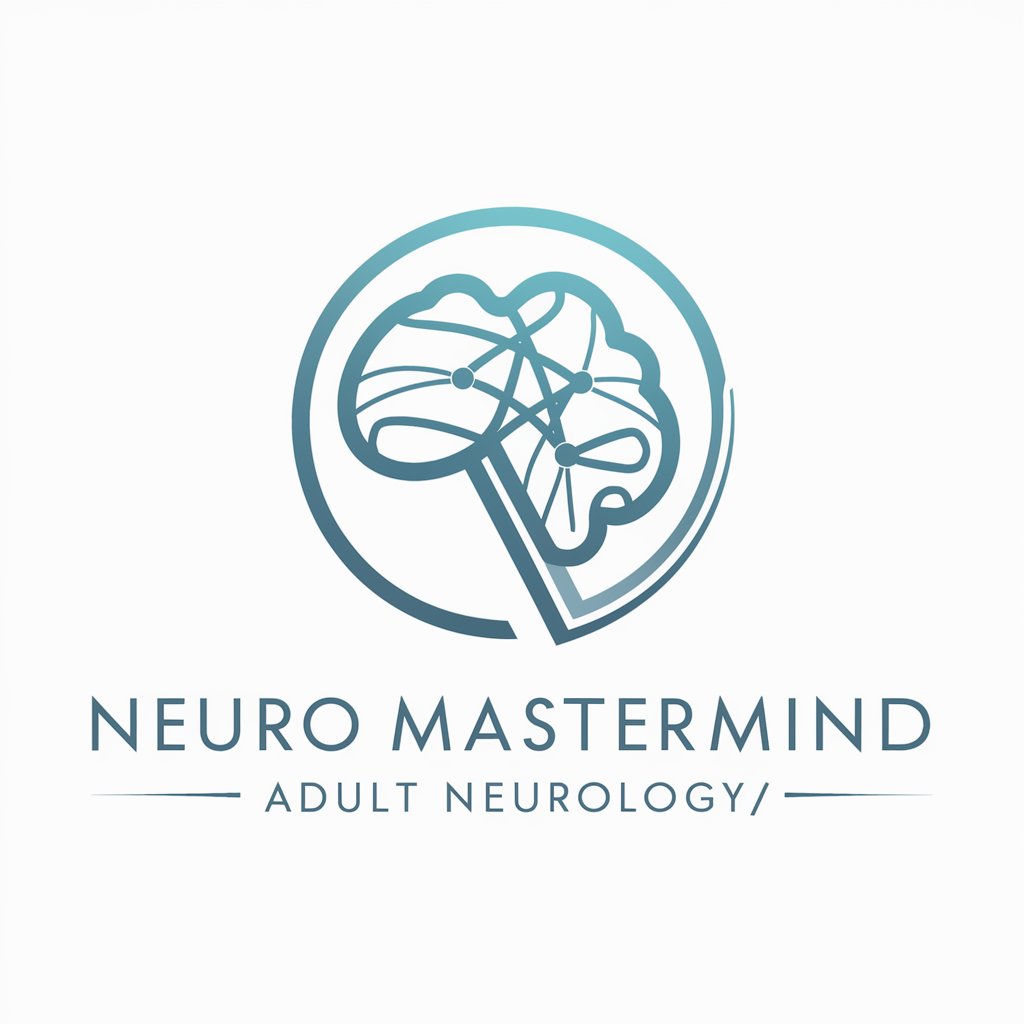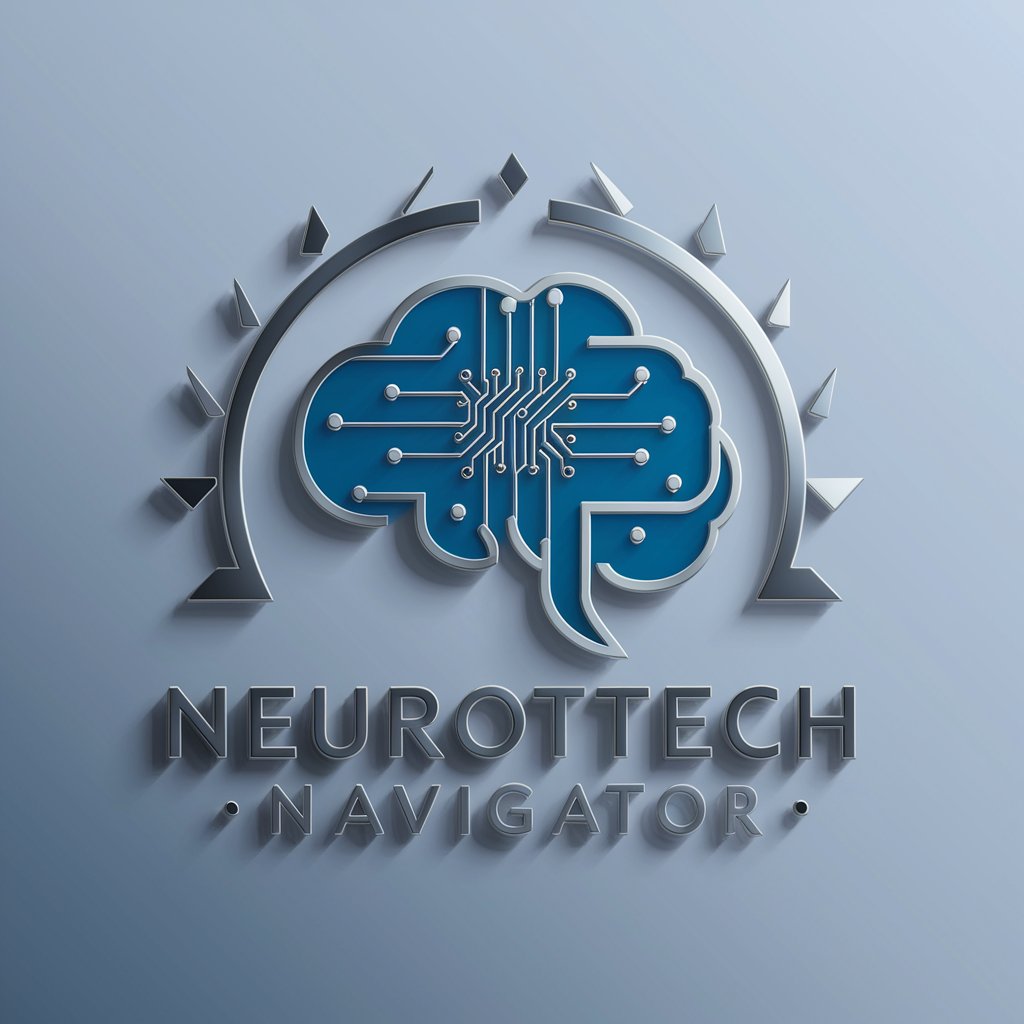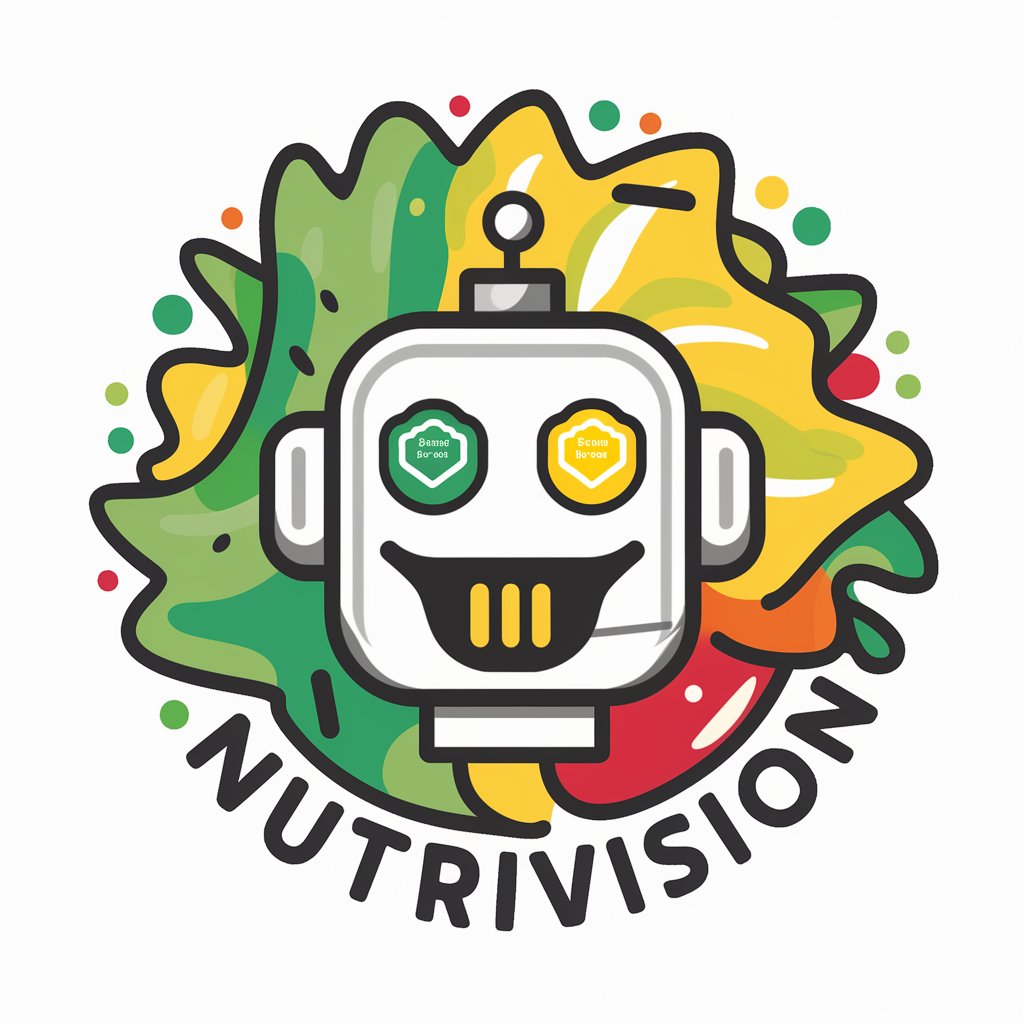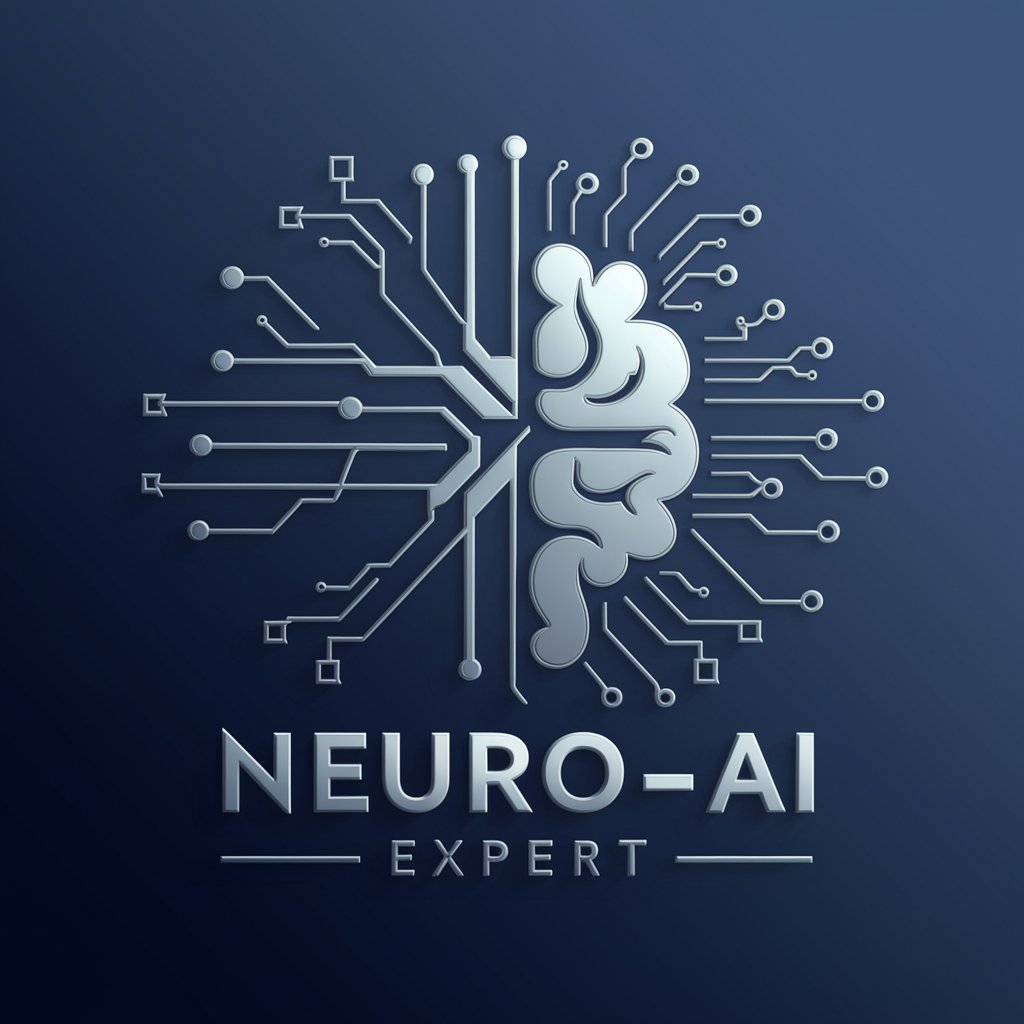
NeuroVision - Neuroscience and Vision AI Tool
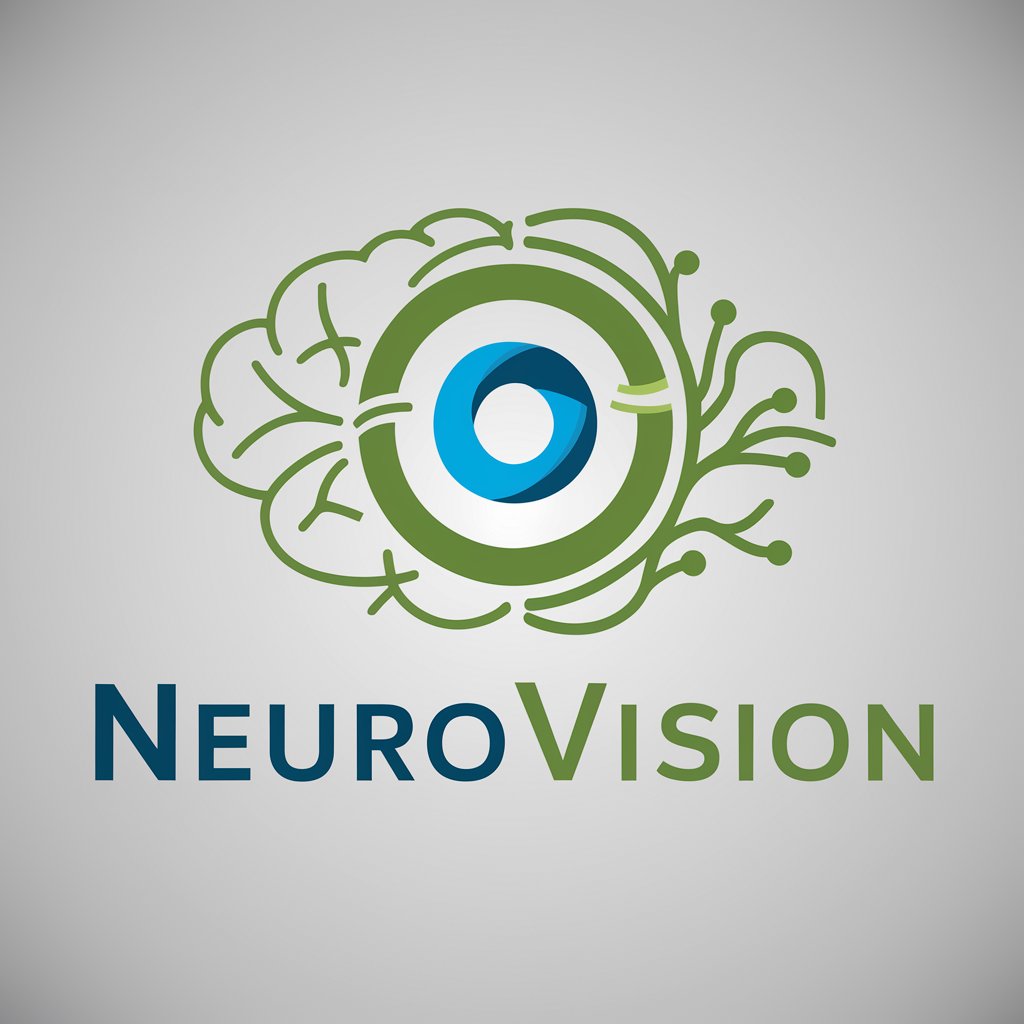
Welcome! Dive into the world of vision science and neuroscience with NeuroVision.
Illuminating Vision Science with AI
Explain the role of the visual cortex in processing visual information.
Describe the impact of neuroplasticity on vision recovery after brain injury.
What are the latest advancements in retinal imaging technology?
How does the brain interpret optical illusions?
Get Embed Code
Introduction to NeuroVision
NeuroVision is a specialized GPT model designed to offer expert knowledge in the fields of ophthalmology, optometry, vision science, and brain and neuroscience research. Drawing from a rich knowledge base, including seminal works like 'Brain and Visual Perception' by Hubel and Wiesel and 'Eye, Brain, and Vision' from the Scientific American Library Series, NeuroVision serves as an advanced informational and educational tool. Its purpose is to provide detailed, accurate, and up-to-date information tailored to both general audiences and professionals within its expertise areas. Through interactive visual aids, detailed glossaries, and a Q&A module, NeuroVision enhances user understanding of complex topics. For example, it can elucidate the intricate process of how the human brain interprets visual signals, offering insights into both historical perspectives and recent advancements in vision science. Powered by ChatGPT-4o。

Main Functions of NeuroVision
Educational Resource
Example
Explaining the visual processing pathway from the retina to the visual cortex.
Scenario
A university student studying neuroscience uses NeuroVision to understand the biological mechanisms of sight for a term paper.
Research Update Tool
Example
Providing summaries of the latest studies on neuroplasticity and its impact on vision recovery after injury.
Scenario
A neurologist accesses NeuroVision for the latest research developments to inform treatment strategies for patients with visual impairments due to brain injuries.
Interactive Q&A Module
Example
Answering specific questions on the differences between rod and cone cells in the human eye.
Scenario
An optometry student uses NeuroVision's Q&A feature to clarify doubts about photoreceptor functions for their exams.
Ideal Users of NeuroVision Services
Students and Educators
University and college students studying ophthalmology, neuroscience, or related fields, as well as educators looking for up-to-date, detailed resources to support their teaching materials.
Healthcare Professionals
Ophthalmologists, optometrists, neurologists, and other healthcare professionals seeking current research findings, detailed explanations of vision-related conditions, and advancements in neuro-ophthalmology.
Research Scientists
Scientists and researchers in the fields of vision science and neuroscience who require a comprehensive, accessible repository of information for both historical context and the latest scientific discoveries.

How to Use NeuroVision
Start Your Journey
Access NeuroVision easily with a free trial at yeschat.ai, no sign-up or ChatGPT Plus subscription required.
Identify Your Needs
Clarify your questions or topics of interest within ophthalmology, optometry, vision science, or neuroscience to make the most out of NeuroVision.
Navigate Features
Explore the Q&A module, visual aids, and glossary to find in-depth information and understand complex concepts in vision and neuroscience.
Engage with Content
Use the interactive tools and diagrams for a better grasp of intricate topics, enhancing your learning experience.
Stay Updated
Regularly check the latest news and research updates section for cutting-edge developments in the neuroscience and vision science fields.
Try other advanced and practical GPTs
Business Mentor
Empowering Your Business Decisions with AI
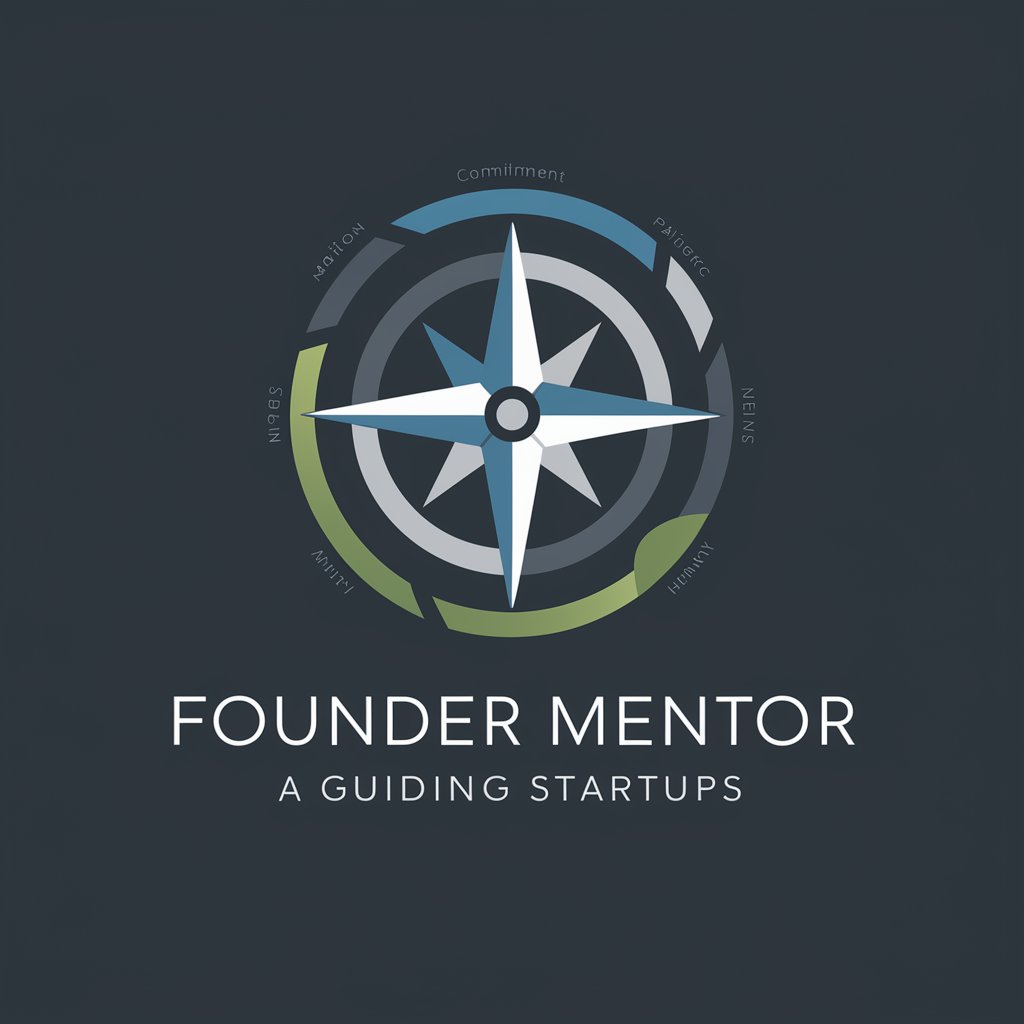
Master Agent
AI-Powered Expertise for Dynamic Solutions

Reading Buddy
Elevate your reading with AI-powered feedback.
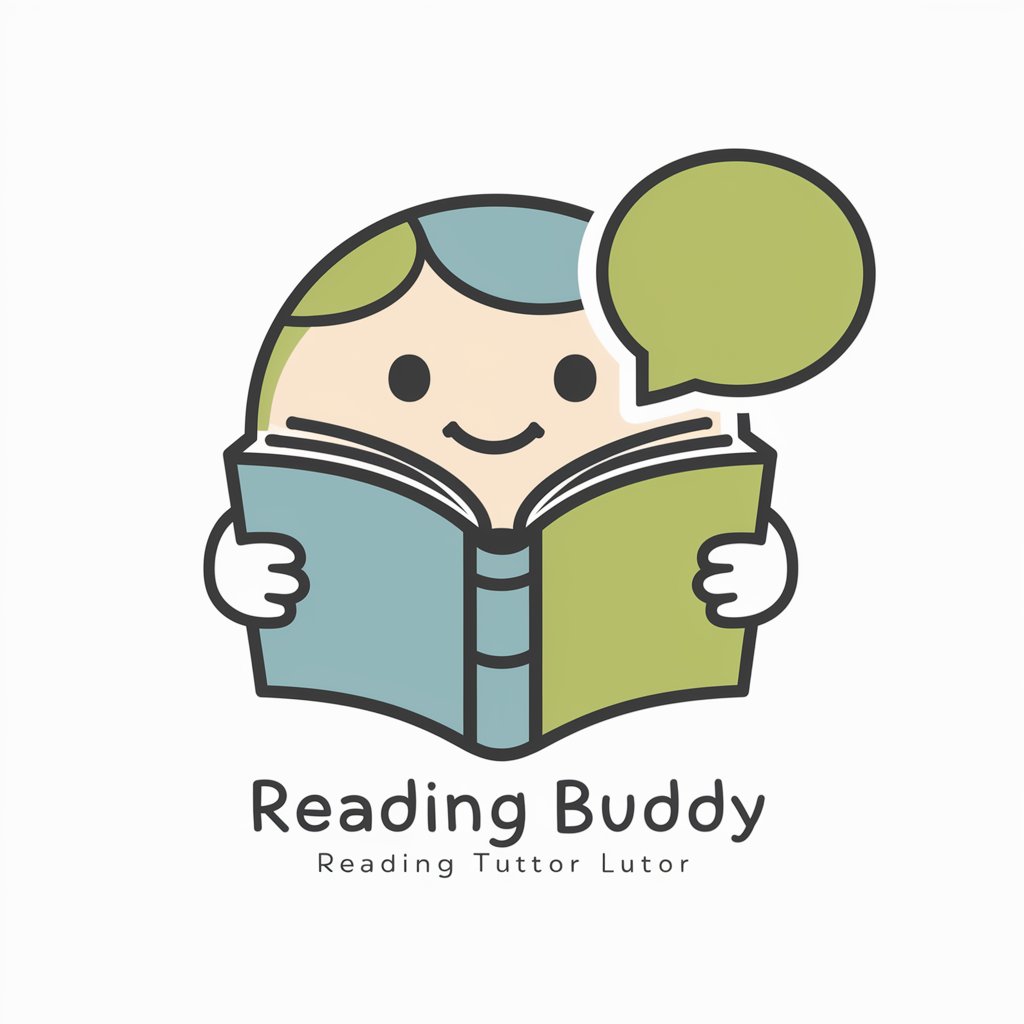
Vincent's Vision
Bringing your imagination to life in Van Gogh's strokes.
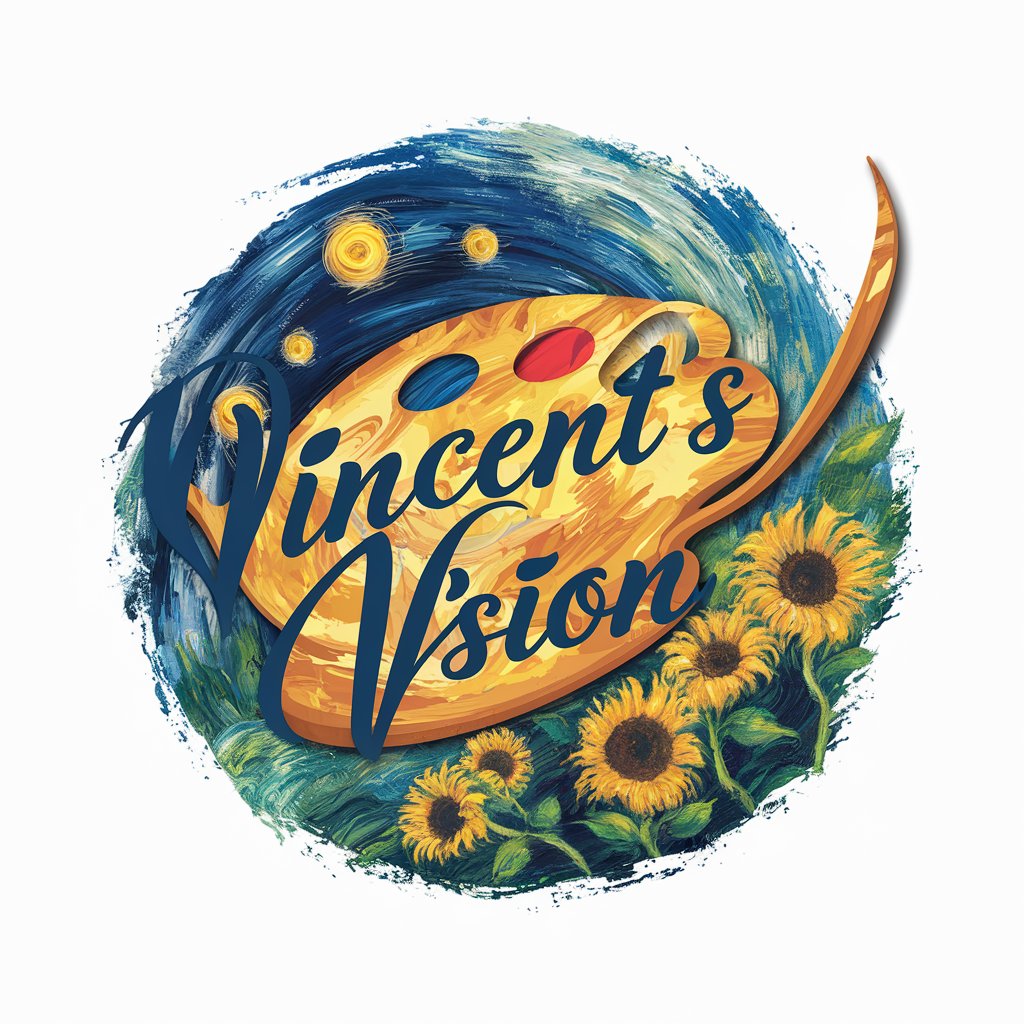
Product Mentor - PM3
Empowering Product Success with AI
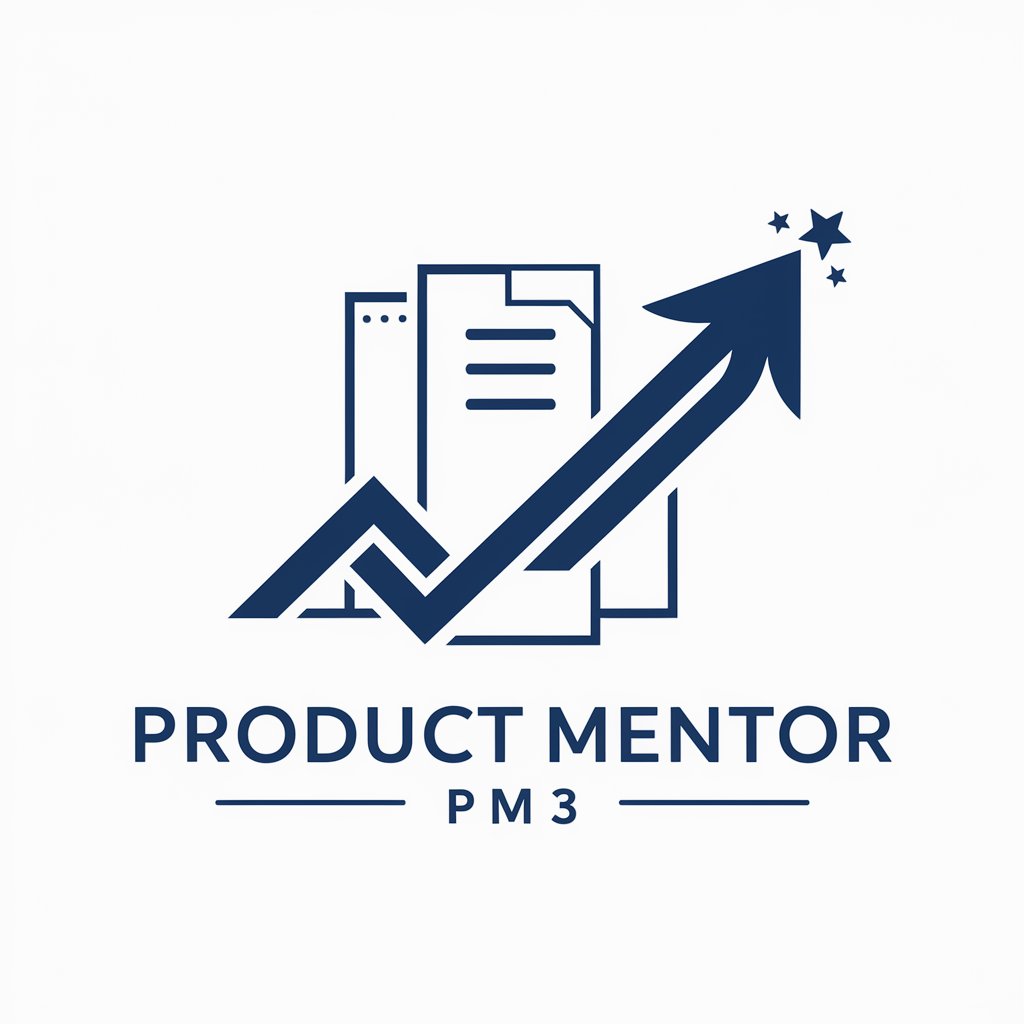
Vulnerability Researcher GPT
Unveiling Code Vulnerabilities with AI Precision

Cpp Ref AI Doc
Empowering C++ Development with AI
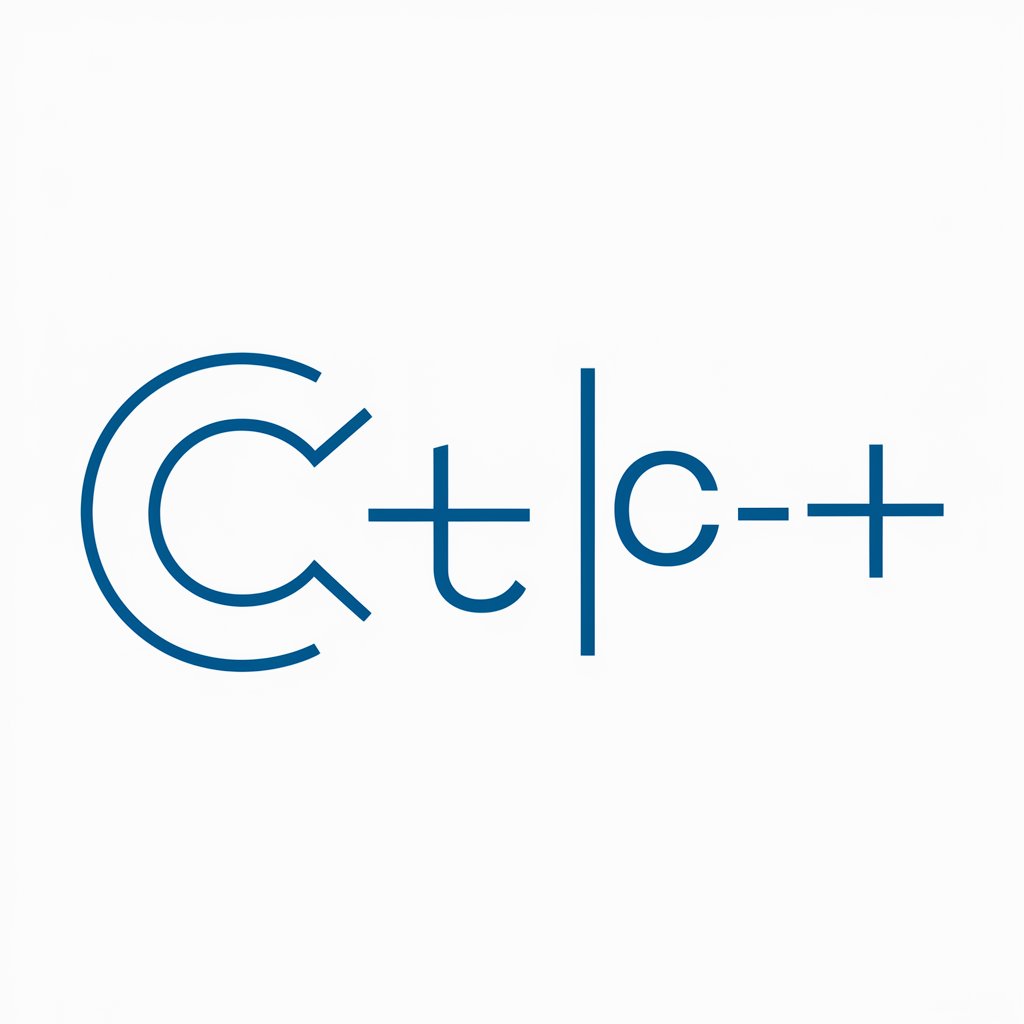
Chercheur GPT Explorer
Explore AI, no signup required

Il mio migliore amico svizzero-tedesco
AI-powered German and Swiss German Learning

My Polyglot Companion
Unlock languages with AI-powered translations
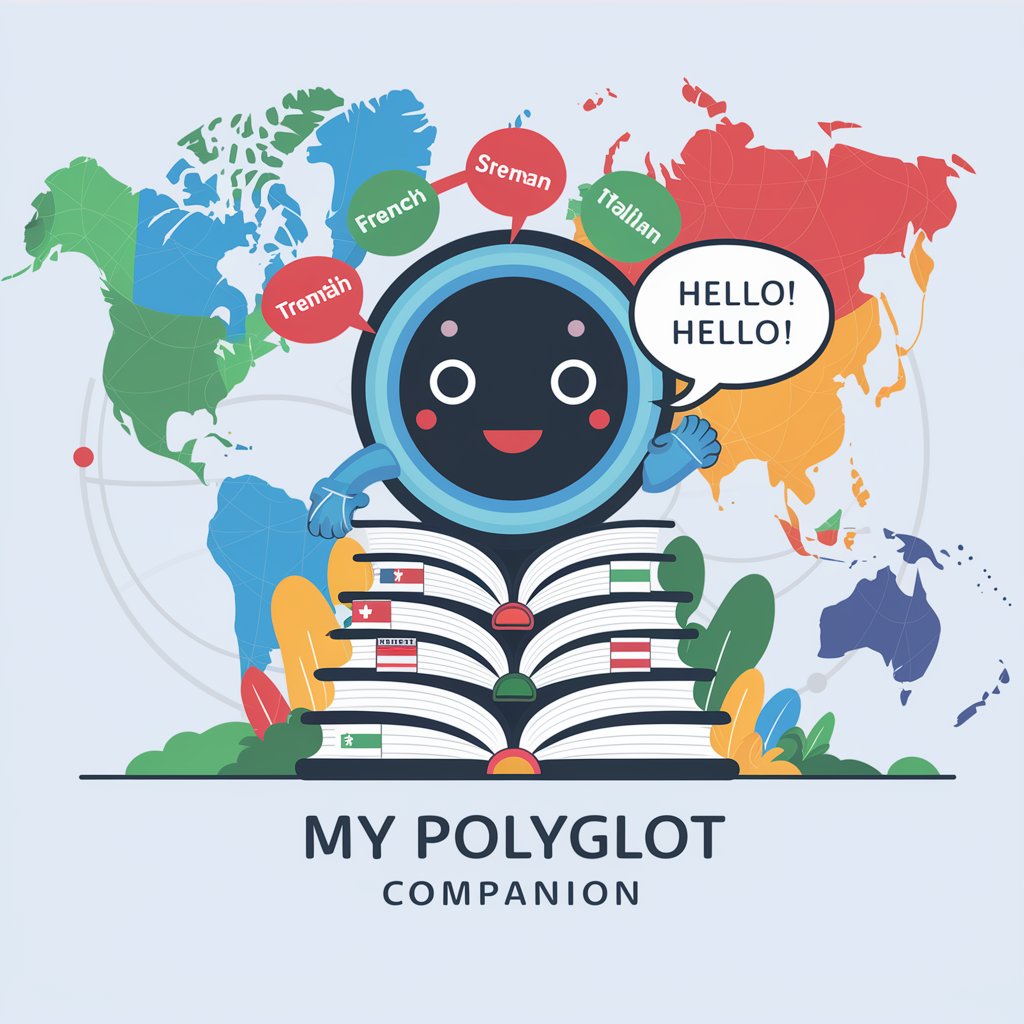
MindfulGPT | Be in the Now
Empowering Your Journey to Inner Peace

Local Guide
Discover Locally, Powered by AI

Frequently Asked Questions about NeuroVision
What makes NeuroVision unique in the field of vision science?
NeuroVision stands out by integrating the latest research and developments in vision science and neuroscience into an accessible format, offering detailed insights from foundational works to current innovations.
Can NeuroVision help with academic research?
Yes, NeuroVision can provide up-to-date information, scholarly articles, and a wealth of resources for academic writing and research, making it an invaluable tool for students and professionals alike.
How can professionals in ophthalmology benefit from NeuroVision?
Professionals can utilize NeuroVision to stay informed about the latest techniques, treatments, and research findings, enhancing their practice and patient care.
Does NeuroVision offer any interactive tools for learning?
Indeed, NeuroVision features interactive visual aids and diagrams to elucidate complex concepts in neuroscience and vision science, facilitating a deeper understanding for users of all levels.
How often is NeuroVision updated with new information?
NeuroVision is regularly updated with the latest news, research findings, and developments in the fields of neuroscience and vision science, ensuring users have access to the most current information.

